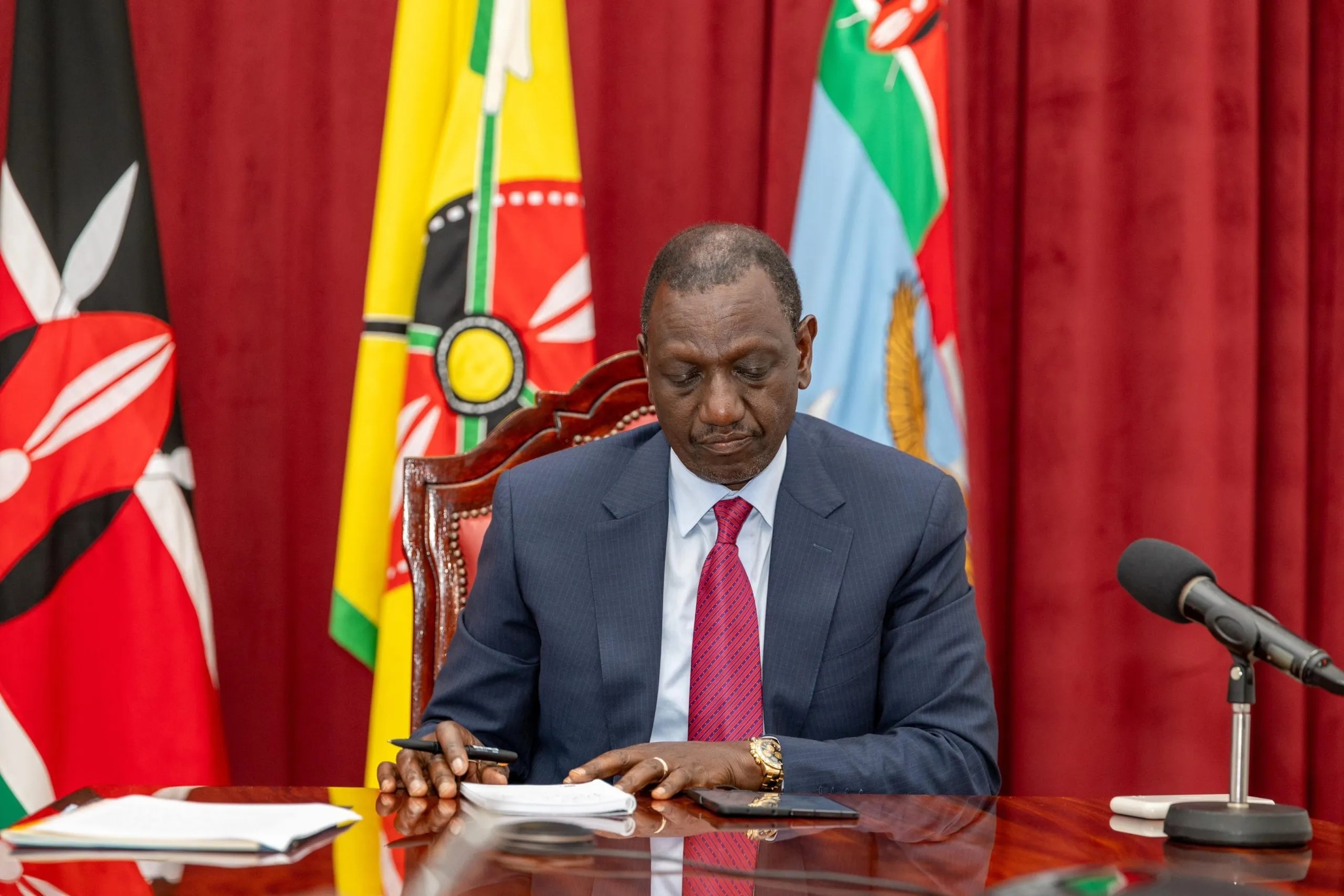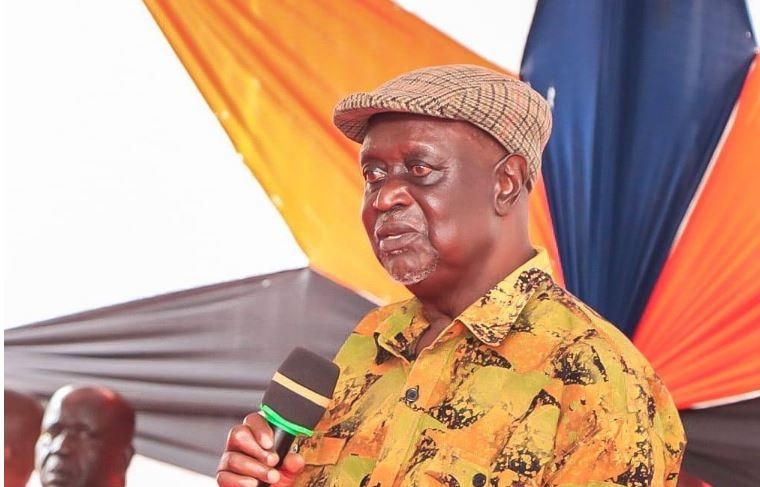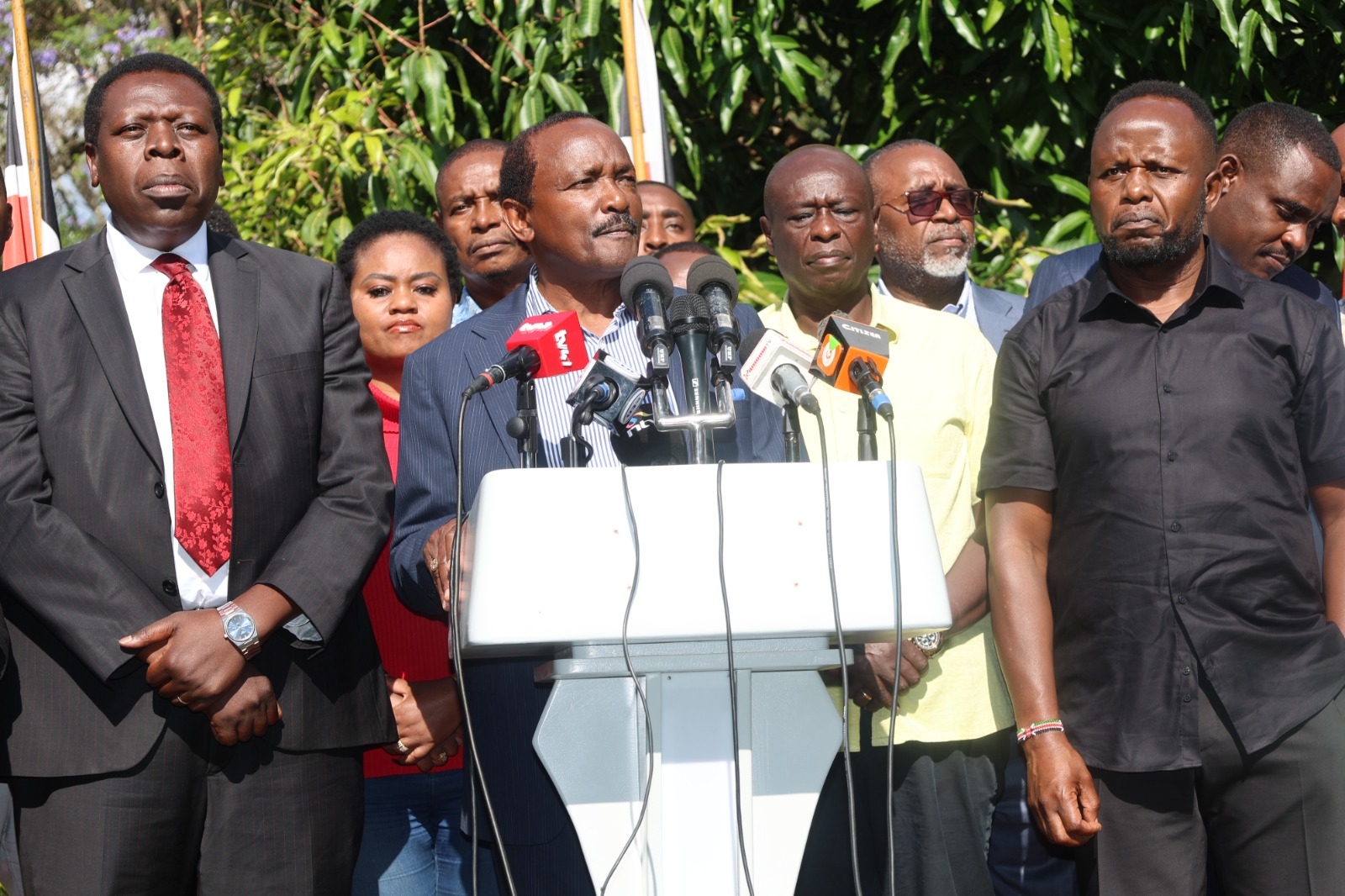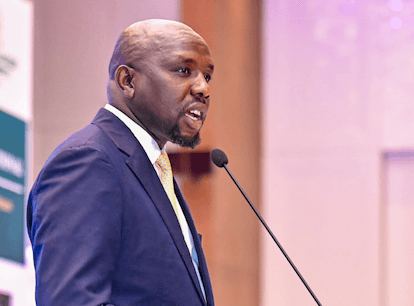Senators are currently holding a close-door session ahead of Meru Governor Kawira Mwangaza's impeachment hearing.
The impeachment proceedings will start at 11 am after Speaker Amason Kingi ruled that senators retreat for a private session.
During the close meeting, un-informal plenary senators will agree on rules for conducting the impeachment proceedings. This includes sitting time for cross-examining witnesses during the hearing.
“Consequently, a hearing program has been prepared and appended to today’s order paper. As is the tradition and in line with the schedule of activities for an impeachment hearing, the senate will hold a preparatory session to discuss the management of the investigation,” Speaker Kingi said in a statement.
Kingi said that the discussion is aimed at ensuring that the process is conducted seamlessly and concluded in line with the requirements set under the County Governments Act and the Senate Standing Orders.
“And now therefore I direct that all members of the public including the media withdraw from the galleries and any form of broadcast from the chamber to cease forthwith,” Speaker Kingi said.
The governor was impeached last Wednesday after 59 MCAs voted in favour of the impeachment motion.
Mwangaza faces several allegations that of proved will see the Senate confirm the impeachment and vote to send her home.
On the first charge, the governor is accused of misappropriation and misuse of public resources.
She is also accused of paying salaries and benefits to high-ranking officers without rendering any services to the county.
The governor faced another charge of nepotism and unethical practices with the Assembly claiming she represented unqualified relatives as qualified technical staff for the inspection of medical equipment in China.
The third charge is bullying, vilification and demeaning other county leaders with her problems with her deputy being filed as evidence.
On the fourth charge, the governor is accused of illegal appointments and usurpation of statutory powers.
She is also accused of being contempt of court, illegally naming a public road after her husband and contempt of the County Assembly.



















